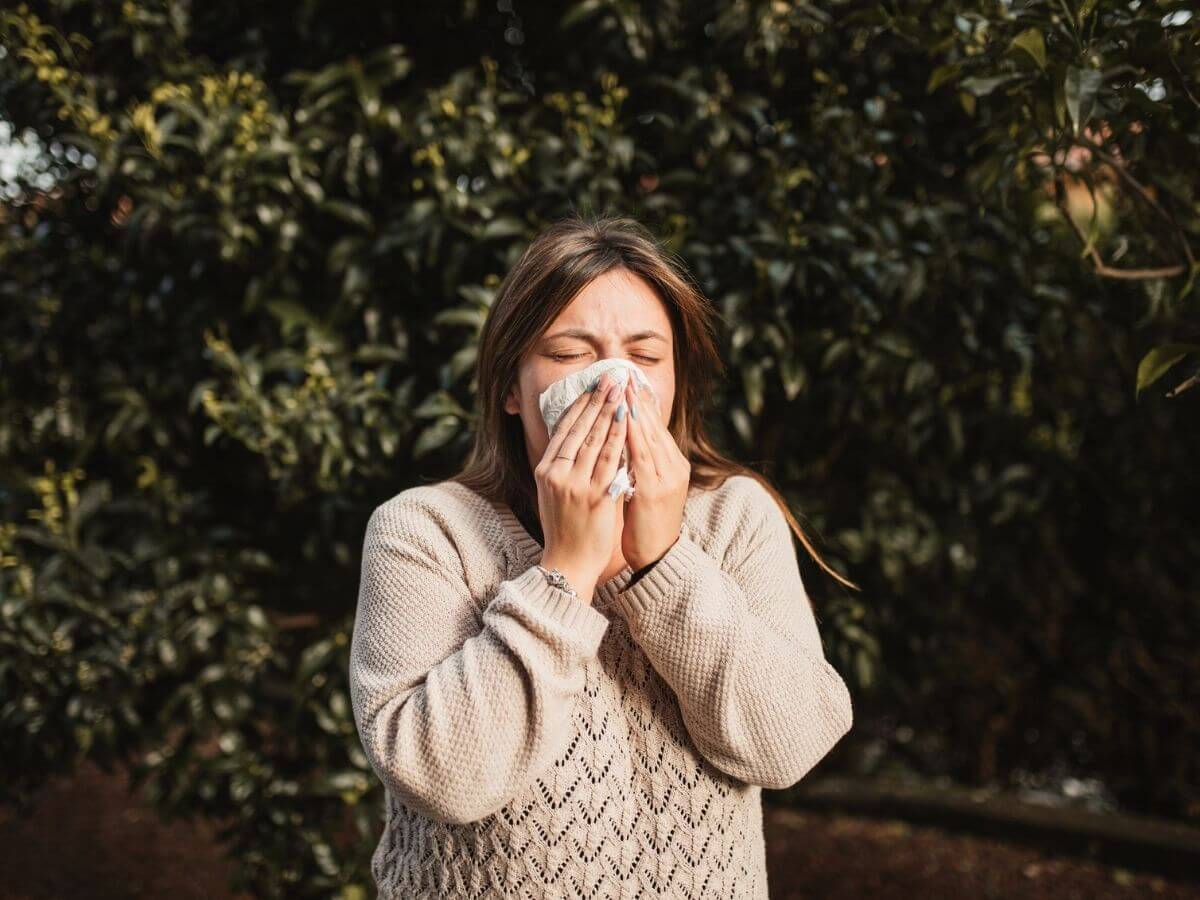Why Do I Have Allergies All Year Long?

Allergies are your body’s overreaction to the substance you’re allergic to, which is called an allergen. Your body sees the substance — which doesn’t affect someone who doesn’t have allergies — as an invader and reacts by triggering the release of chemicals like histamine to fight it. It’s those chemicals that produce your allergy symptoms.
Most people are familiar with seasonal allergies — allergies that typically flare-up in the spring, summer, or fall, when different types of grasses and weeds are growing. But can you have allergies all year round? Unfortunately for allergy sufferers, yes, you can have constant allergies.
Seasonal allergies are one of two types of hay fever. The other’s called perennial hay fever. It’s triggered by indoor allergens.
Causes of Year-Round Allergies
Allergies that persist all year can be caused by a variety of substances, including:
- Pet dander. Dander is tiny bits of dead skin that flake off animals. Its small size and shape help it stick to things like carpet, furniture, and clothing. If you’re allergic to dander and you inhale it, your body reacts to it.
- Mold. Mold is a type of fungus that grows in damp environments. It often can be found in bathrooms, basements, and garages. It’s also frequently present in air conditioners and refrigerators.
- Dust mites. Dust mites live in dust, feeding on human skin cells. The bodies, saliva, and feces of these tiny creatures become part of the dust as well. Breathing those components in can cause an allergic reaction.
- Insects. Feces and saliva from bugs like cockroaches can trigger allergies when inhaled.
Why Are My Allergies So Bad Year-Round?
If you have allergy symptoms all year, you either have perennial hay fever or both seasonal hay fever and perennial hay fever. If that’s the case, you may have allergy symptoms like a stuffy or runny nose, sneezing, etc. that are present all year but that intensify when seasonal allergies typically kick in.
If your allergies are particularly bothersome, a doctor called an allergist can do tests to determine exactly what you’re allergic to and work with you to formulate a strategy for minimizing or eliminating your symptoms.
Never Miss a Beat
Get the health and wellness news that matters most delivered straight to your inbox. Subscribe to our free email newsletter to stay up-to-date on the latest news and more.
Is It Normal to Have Allergies All Year?
Allergies are very common, and many people who have allergies have some degree of symptoms for much of the year. But is it normal to have allergies all year? It might be more accurate to say that it’s not uncommon to have allergies all year long.
But the fact that many people have year-long allergies doesn’t mean you have to simply accept them. If allergies interfere with your enjoyment of life, you should talk with your doctor about them, since there are ways to treat both seasonal and perennial allergies.
How Do You Treat Chronic Allergies?
The first step in treating chronic allergies is to eliminate allergens from your home as best you can. For example, since soft surfaces harbor allergens, you might want to get rid of drapes and use blinds instead. Similarly, you should consider replacing your carpet with hard flooring.
It’s also helpful to have good ventilation in your home and to keep the humidity relatively low to discourage the growth of mold.
Keeping your home clean and giving your pet regular baths can reduce the number of allergens in the air. It’s also a good idea to keep your pets out of your bedroom and off your furniture. And if you have bugs like cockroaches in your home, you should take steps to exterminate them.
All that being said, it’s virtually impossible to make your house completely allergen-free. So, often it’s necessary to take allergy medication—either as symptoms worsen or regularly.
Some people get shots to help them reduce their allergy symptoms. Allergy shots are a form of immunotherapy in which a small amount of your allergy trigger is put into your body periodically so that eventually your immune system doesn’t see the substance as an invader anymore and doesn’t react to it. And more recently, the FDA has approved under-the-tongue tablets that work the same way as allergy shots.
Can allergies be cured? Maybe not completely. But treatment can increase your tolerance to your allergy triggers.
Talk with Your Doctor About Year-Round Allergies
Help’s available for year-round allergies. Talk with your doctor or an allergy specialist to learn more. If you don’t have a Baptist Health doctor, you can find one near you using our online provider directory.
Next Steps and Useful Resources
Find a Provider
Discover Care Options
Allergies vs. Colds: What’s the Difference?
How to Sleep Better with Allergies
Do I Have COVID-19 or Just Seasonal Allergies?



